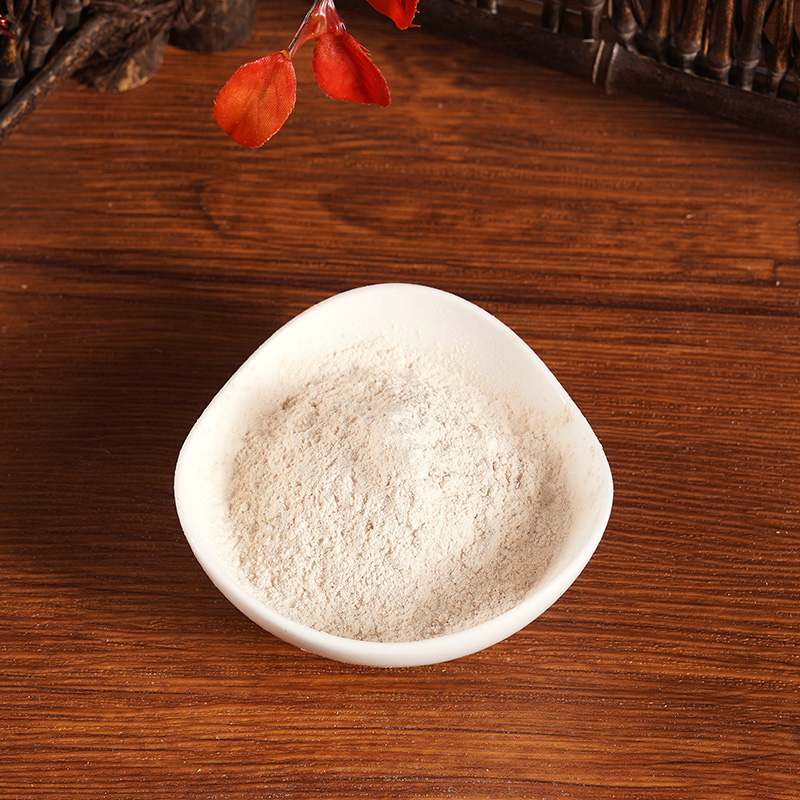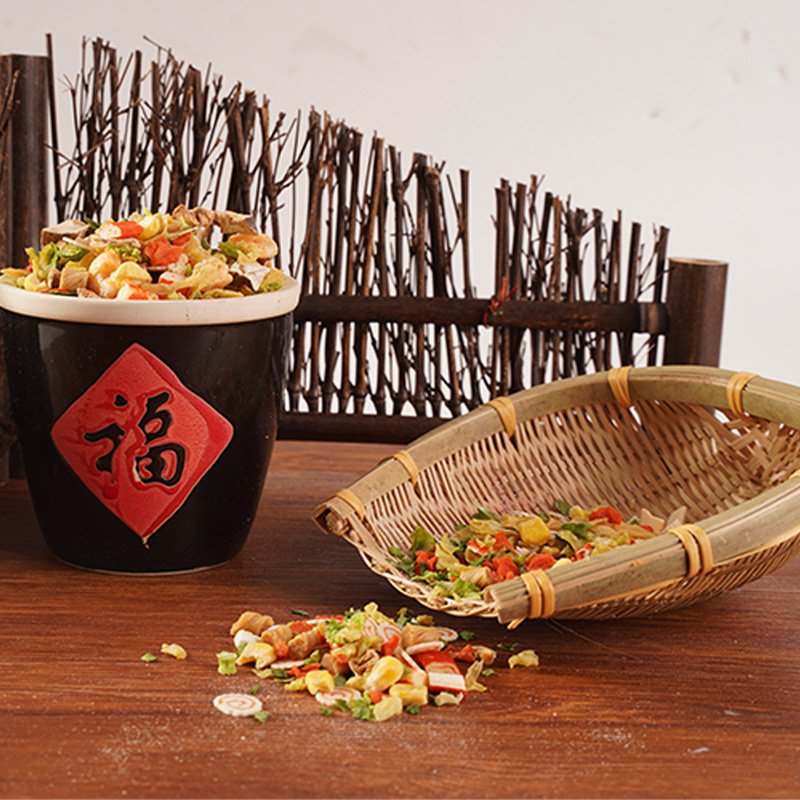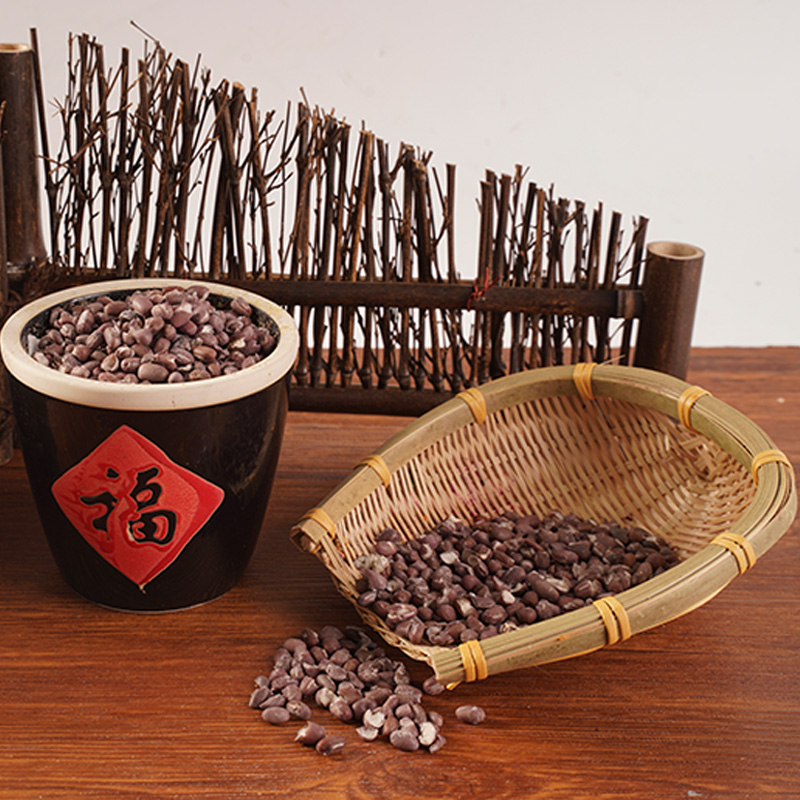How Long Do Dehydrated Vegetables Last Compared to Fresh Produce?
With the advancement of food preservation technology, dehydrated vegetables are becoming the new favorite of modern kitchens and emergency reserves. But consumers often have questions: How long can these vegetables that have lost water be preserved? Is their nutritional value greatly reduced?
1. Shelf life: Dehydrated vegetables are better than fresh products
Research by the U.S. Department of Agriculture (USDA) shows that the average shelf life of fresh vegetables in a refrigerated environment at 4°C is 5-14 days, and green leafy vegetables are even only 3-7 days. In contrast, dehydrated vegetables using hot air drying technology can have a shelf life of 12-24 months under sealed and light-proof conditions; freeze-dried products can be extended to 2-5 years.
This difference stems from the water activity theory: when the water content of vegetables drops below 8%, the moisture environment required for microbial growth is completely destroyed. The Food Microbiology Laboratory of the University of Oxford has confirmed that the risk of pathogen growth in dehydrated vegetables is 97.3% lower than that of fresh products.
2. Nutrition retention: a revolutionary breakthrough in dehydration technology
Traditional cognition believes that dehydration will lead to nutrient loss, but modern technology has broken through this limitation:
Vitamin retention rate: A study by the Swiss Federal Institute of Technology found that vacuum freeze-drying technology can retain more than 90% of vitamin C, and hot air drying can also maintain 65-70%
Mineral concentration: Dehydration increases the concentration of minerals such as calcium, iron, and zinc by 3-5 times (unit weight ratio)
Dietary fiber: Insoluble fiber is completely retained, and some soluble fiber is easier to absorb after structural reorganization
A 2023 study by the American Journal of Food Science pointed out that the nutritional value of properly processed dehydrated vegetables can reach 80% of fresh products, and oxidative losses during transportation are avoided.
3. Economic and environmental benefits: the dual advantages of dehydrated vegetables
Reducing food waste: Statistics from the Food and Agriculture Organization of the United Nations show that about 45% of fresh fruits and vegetables are discarded due to corruption every year in the world. Dehydration technology can control the loss rate to less than 5%
Space efficiency: Dehydration reduces the volume of vegetables by 80-90%, suitable for long-term storage
Energy cost: The energy consumption of cold chain transportation of 1kg of dehydrated vegetables is only 1/7 of that of fresh products
IV. Professional storage suggestions
To maximize the advantages of dehydrated vegetables, please note:
Use vacuum sealed cans + deoxidizers, store in an environment below 15°C away from light
Avoid frequent opening and closing of packaging, and seal in time after each use
The shelf life can be extended by 30% with nitrogen replacement packaging
Dehydration is not a compromise, but an active choice. When we master scientific storage methods, these lightweight and storable vegetables can become a reliable part of our daily diet.
With the development of 3D printing food technology and precision nutrition, dehydrated vegetables are breaking through the stereotype of "emergency food". The next time you open that bag of dehydrated carrots, remember that this is not only a convenient choice, but also the crystallization of the wisdom of the food industry.
News Category
- Company News(1)
- Industry News(75)



 English
English русский
русский 日本語
日本語 한국어
한국어 中文简体
中文简体












